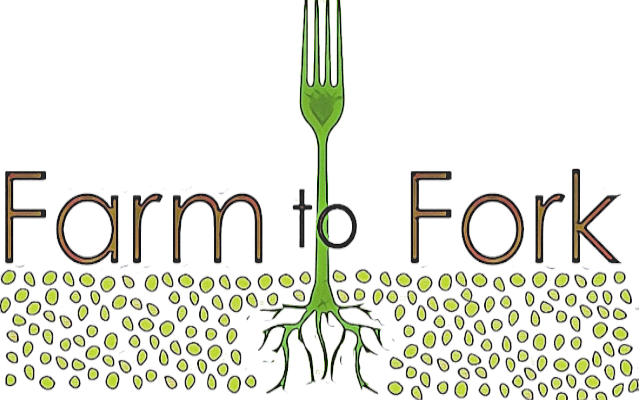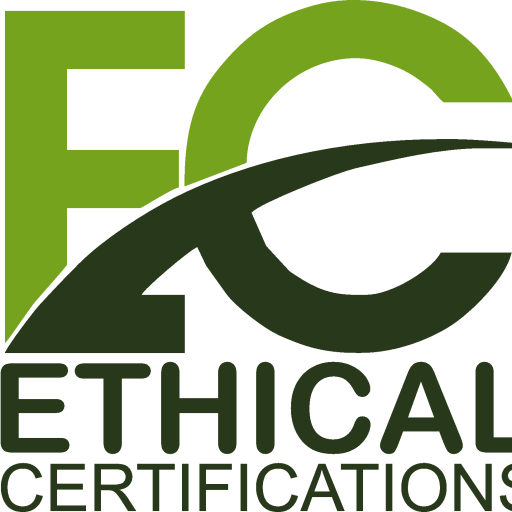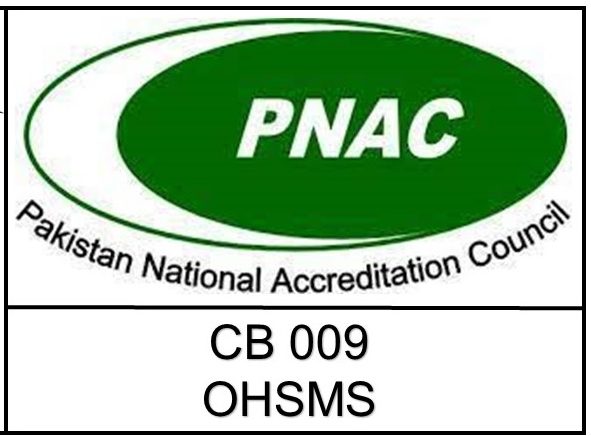ISO 22000 – FSMS

ISO 22000 – FSMS
ISO 22000 is the food safety management system that can be easily applicable to any organization in the food chain sector.
A Food Safety Management System is primarily intended to ensure food is safe for consumption. It does this through the application of the processes determined by you as necessary for your operations, as well as the processes determined by the standard as necessary for continual improvement.
ISO 22000 helps organizations minimize food risks and improve performance as it relates to food safety. It does so by providing a framework they can use to develop an FSMS, a systematic approach to addressing food safety issues.
A FSMS aims to assure conformity to applicable statutory, regulatory and customer requirements. The 2018 version includes also feed producers and animal food producers within the scope.
Top tips for the successful implementation of a FSMS
- To have an effective FSMS ensure that “CEO & Directors” are committed to its establishment, implementation, update and improvement.
- Involved CEO & Directors for context, requirements, policy and objectives setting; food safety team and assigned personnel with valuable competence for hazard analysis and risk assessment, process control and procedure writing.
- Identify how you have selected the applicable food safety hazards within your system; these are specific to each process and product and also depending on applicable regulations and customer needs, so this information is not interchangeable!
- Review your monitoring and measuring devices are calibrated at specified frequency to ensure reliable results.
- Remember your suppliers. Some suppliers will help you enhance your FSMS, some will increase your risk. You need to ensure any high-risk suppliers have controls in place that are at least as good as yours. If they don’t then look for alternatives.
- Food Safety concepts are likely to be new for many or most of your employees. People may need to change habits ingrained over many years. A single awareness briefing is unlikely to be sufficient, so focus on your personnel competence as a fundamental key for the implementation of a good FSMS.
- Allocate sufficient resources to routinely test your controls. The threats your organization faces will constantly change and you need to test whether you are able to respond to those threats.
- Performance measuring, monitoring and improvement
The benefits to ISO 45001

- Increases trust of the customers in your food products
- Efficiency in the documentation and record-keeping of procedures and processes
- Allows taking necessary actions at the right time to prevent any food risks
- Continuous improvement of Business image
- Enhances confidence of stakeholders and suppliers
- Provides a competitive advantage
- Improved performance overall




